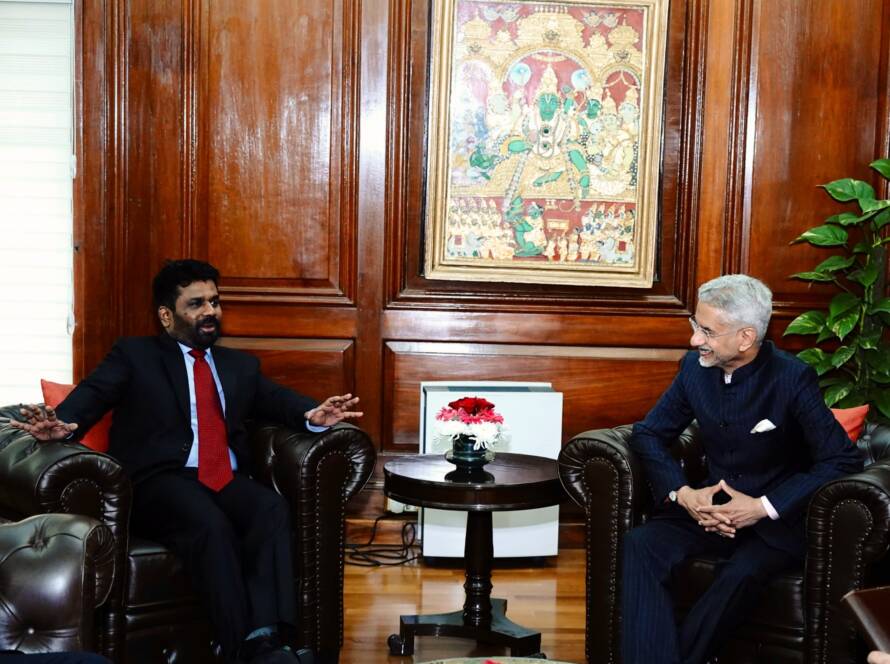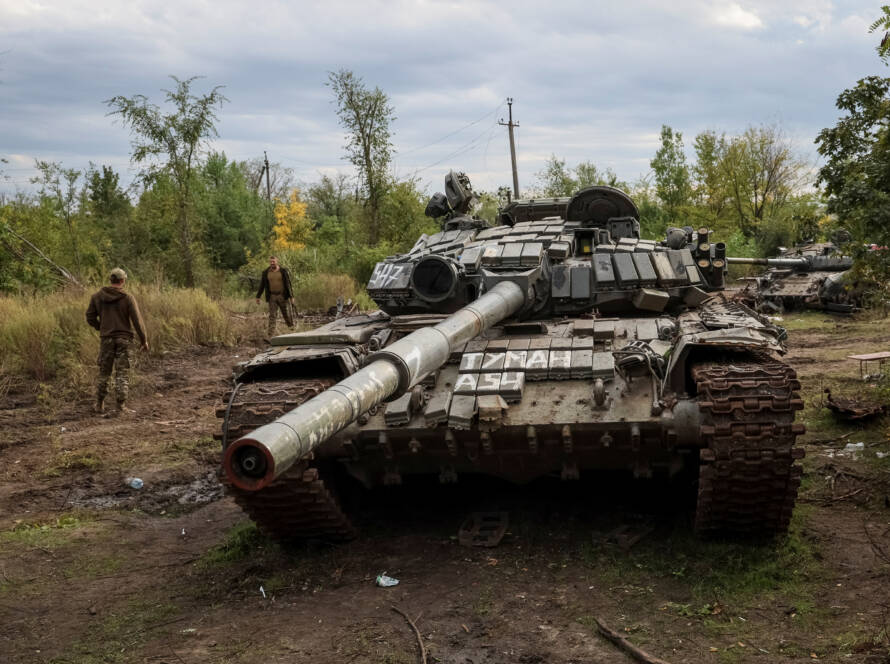By Nithu Ardithya
Indonesia is facing widespread protests opposing proposed amendments to its election laws. These protests underscore both domestic and international concerns. They not only throw Indonesia’s devotion to the principles of democracy to the test, but it also has serious repercussions for the country’s political stability and foreign relations.
The controversy erupted on August 22, 2024, when the Indonesian Parliament proposed revisions to the election laws that would have reversed key rulings by the Constitutional Court. The crux of the issue lies in two key Constitutional Court rulings.
The first ruling lowered the threshold for political parties to nominate candidates for regional leadership positions, a move that was seen as opening the political landscape for opposition figures. The second ruling adjusted the minimum age requirement for candidates, effectively disqualifying President Widodo’s 29-year-old son, Kaesang Pangarep, from contesting in the upcoming regional elections.
In response, the Indonesian Parliament, dominated by allies of President Widodo and his successor, President-elect Prabowo Subianto, sought to reverse these rulings through swift legislative changes.
These changes would have reinstated the higher candidate nomination thresholds and allowed Kaesang Pangarep to run by reverting the age requirement to apply on the date of inauguration rather than nomination. Critics point out that these moves were part of a broader strategy to entrench a political dynasty and ensure continued influence for Widodo even after his term ends in October 2024.
The public backlash against the proposed electoral changes was swift and severe. On August 22, thousands of demonstrators gathered outside the Indonesian Parliament in Jakarta, attempting to storm the building. As police officers resorted to water cannons and tear gas, in scenes remarkably reminiscent of protests in Bangladesh last month and in Sri Lanka two years ago, demonstrators occupied roads, held slogans, and started fires.
These protests were not confined to the capital. They took place in cities like Yogyakarta, Makassar, Bandung, and Semarang. They comprised students, activists, and ordinary citizens from other fields, voiced their opposition to what they saw as an erosion of democratic principles and the entrenchment of political power within a single family.
In Jakarta, the protests turned violent as demonstrators clashed with police, who responded with water cannons and tear gas. The central Jakarta police chief confirmed that around 3,200 officers were deployed throughout the city to preserve order, with military vehicles also present as a show of force.
The turmoil caused a significant drop in the stock market and the Indonesian currency. On Thursday, August 22, the rupiah became the worst performing Asian currency. Meanwhile, government bond yields recorded a significant increase.
The international community monitored the situation in Indonesia. The protests and the proposed election law changes have drawn attention from human rights organizations, including Amnesty International. The latter in a press briefing warned against the use of disproportionate violence against peaceful protests.
The situation has also prompted discussions about Indonesia’s role in the Southeast Asian region and its commitment to democratic norms amidst rising authoritarian tendencies in other parts of the world.
Despite the heavy-handed response from law enforcement, the protests continued, with demonstrators demanding the withdrawal of the proposed election law changes, respect for the Constitutional Court’s rulings, and a rejection of political dynasties, the latter centering on Widodo’s family. Similar protests swamped the country last year. A poll conducted by an Indonesian research institution, Kompas Research and Development, in October 2023 revealed that 60.7 percent of respondents considered Widodo’s son Gibran Rakabuming Raka’s entry to politics constituted a form of “dynastic succession.”
The situation was further inflamed by statements from Indonesian presidential spokesperson Hasan Nasbi, who called for calm while urging protesters to avoid violence. However, the damage to public trust was already done.
The proposed changes to Indonesia’s election laws have raised alarm among legal experts and political analysts, who warn that the country is teetering on the edge of a constitutional crisis. The attempt to circumvent the Constitutional Court’s rulings is seen as part of a broader power struggle within the Indonesian political elite, with President Widodo seeking to maintain influence through his family and close allies.
Critics argue that the moves to revise the election laws are emblematic of a growing trend towards authoritarianism in Indonesia, where democratic institutions are increasingly being undermined for political gain.
The power struggle has also highlighted the fragile state of Indonesia’s democratic system, where the balance of power between the executive, legislative, and judicial branches appears to be shifting in favor of the incumbent administration.
The involvement of President Widodo’s family in the political arena has only intensified concerns about the emergence of a dynasty. Last year, the Constitutional Court, then led by Widodo’s brother-in-law, issued a ruling that allowed Widodo’s eldest son, Gibran Rakabuming Raka, to run for vice president.
Gibran is set to be sworn in alongside President-elect Prabowo Subianto in October 2024. This comes ironically a year after Kompas published its findings about Jokowi and Raka, to say nothing of Jokowi’s youngest son, Kaesang Pangarep, and son-in-law, Bobby Nasution, both of whom occupy important political positions in the country.
The proposed election law changes, coupled with the recent resignation of the head of the Golkar party (Indonesia’s second-largest political party) and his replacement by a known Jokowi loyalist, have added to the perception that the outgoing president is maneuvering to ensure his continued influence in the country’s political landscape.
This perception has been bolstered by statements from insiders who suggest that the party is being restructured to serve as a political vehicle for Jokowi after he leaves office.
The broader context of the current crisis includes a history of political maneuvering and challenges. The previous Constitutional Court rulings had aimed to promote fair competition and prevent the dominance of any single faction. However, the shift within the Court has inflamed worries of politicization, in a country that has had its share of authoritarian rulers for a good part of its post-independence history.
The proposed changes, in that sense, have been viewed as attempts to reverse safeguards and entrench the ruling coalition’s influence. As the Indonesian parliament has postponed the vote on the controversial election law changes, the immediate crisis appears to have been averted. However, the underlying issues remain unresolved. The postponement offers a temporary reprieve but does not address the fundamental concerns about political power and democratic principles that have fueled the protests.
Nithu Ardithya is an undergraduate of KDU Faculty of Law who can be reached at nithuardithya@gmail.com.
Factum is an Asia-Pacific-focused think tank on International Relations, Tech Cooperation, and Strategic Communications accessible via www.factum.lk.
The views expressed here are the author’s own and do not necessarily reflect the organization’s.


